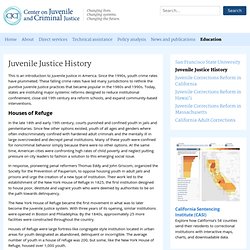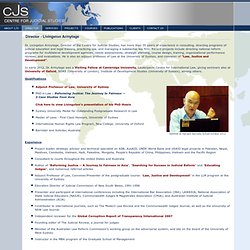

Law. Flashcards: The worlds largest library of. Freedom Vaults : Guidelines for Saying No to Police Searches. One of the main powers that law enforcement officers carry is the power to intimidate citizens into voluntarily giving up their rights.

Police are trained to believe in their authority and trained to perform their interactions with private citizens with confidence. It is their job to deal with problems and they learn to manage uncomfortable situations through strength. Most people, when confronted by police get a mild panic reaction, become anxious, and try to do whatever they can to minimize the time spent with the officer. Because of the imbalance of power between citizen and officer, when a law enforcement officer makes a strongly worded request, most people consent without realizing that they are giving up constitutional protections against improper meddling by the State in the private affairs of citizens.
A common situation is that of the traffic stop. Unfortunately police will often try to push citizens to accept a search, to the point of ignoring when you say "no". The Terry v. United Nations Rule of Law. Data and Information Center. Central bank websites. Empowerment through Law of the Common People (ELCOP) International Migration Law Database.
Legal Systems of the World. Legal Systems of the World. Juricaf. Public Justice Center. Juvenile Justice History - Center on Juvenile and Criminal Justice. This is an introduction to Juvenile Justice in America.

Since the 1990s, youth crime rates have plummeted. These falling crime rates have led many jurisdictions to rethink the punitive juvenile justice practices that became popular in the 1980s and 1990s. Today, states are instituting major systemic reforms designed to reduce institutional confinement, close old 19th century era reform schools, and expand community-based interventions. Houses of Refuge In the late 18th and early 19th century, courts punished and confined youth in jails and penitentiaries. In response, pioneering penal reformers Thomas Eddy and John Griscom, organized the Society for the Prevention of Pauperism, to oppose housing youth in adult jails and prisons and urge the creation of a new type of institution. The New York House of Refuge became the first movement in what was to later become the juvenile justice system. Reform, Training or Industrial Schools Preston School of Industry (est. 1894) Juvenile Court.
AHJUCAF-Association des Hautes Juridictions de Cassation des pays ayant en partage l'usage du Français. PILPG: 1999 National Report Series, Juvenile Justice Bulletin. Early in U.S. history, children who broke the law were treated the same as adult criminals Throughout the late 18th century, "infants" below the age of reason (traditionally age 7) were presumed to be incapable of criminal intent and were, therefore, exempt from prosecution and punishment. Children as young as 7, however, could stand trial in criminal court for offenses committed and, if found guilty, could be sentenced to prison or even to death.
The 19th-century movement that led to the establishment of the juvenile court in the U.S. had its roots in 16th-century European educational reform movements. These earlier reform movements changed the perception of children from one of miniature adults to one of persons with less than fully developed moral and cognitive capacities. As early as 1825, the Society for the Prevention of Juvenile Delinquency was advocating the separation of juvenile and adult offenders. CJS - Centre for Judicial Studies. Dr.

Livingston Armytage, Director of the Centre for Judicial Studies, has more than 35 years of experience in consulting, directing programs of judicial education and legal training, practicing law, and managing a substantial law firm. Recent projects include directing national reform programs for multilateral development agencies, needs assessments, strategic planning, course design, training, organizational performance reviews, and evaluations. He is also an adjunct professor of Law at the University of Sydney, and convener of "Law, Justice and Development". In early 2012, Dr. Armytage was a Visiting Fellow at Cambridge University, Lauterpacht Centre for International Law, giving seminars also at University of Oxford, SOAS (University of London), Institute of Development Studies (University of Sussex), among others. Qualifications Experience. Making justice systems fairer and more effective through research and innovation.
Checchi Consulting. Projects of the IRZ Foundation - www.irz.de.